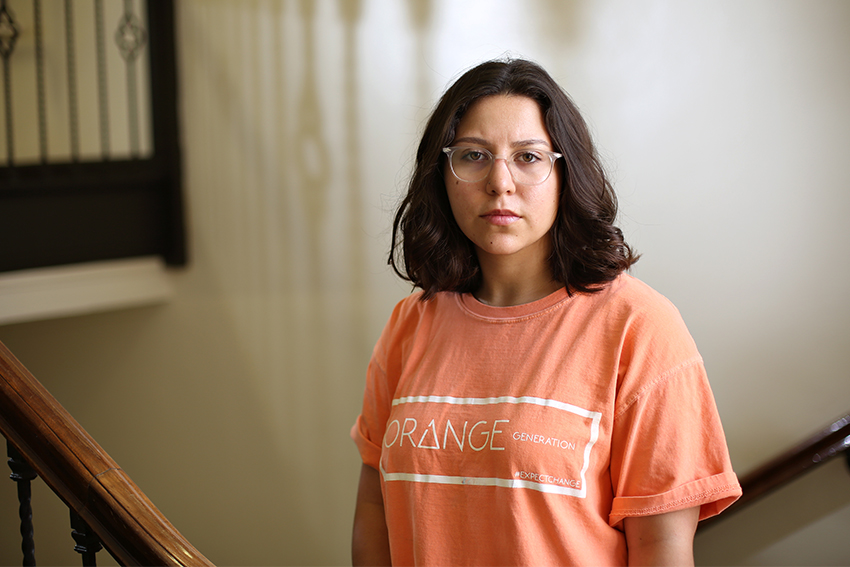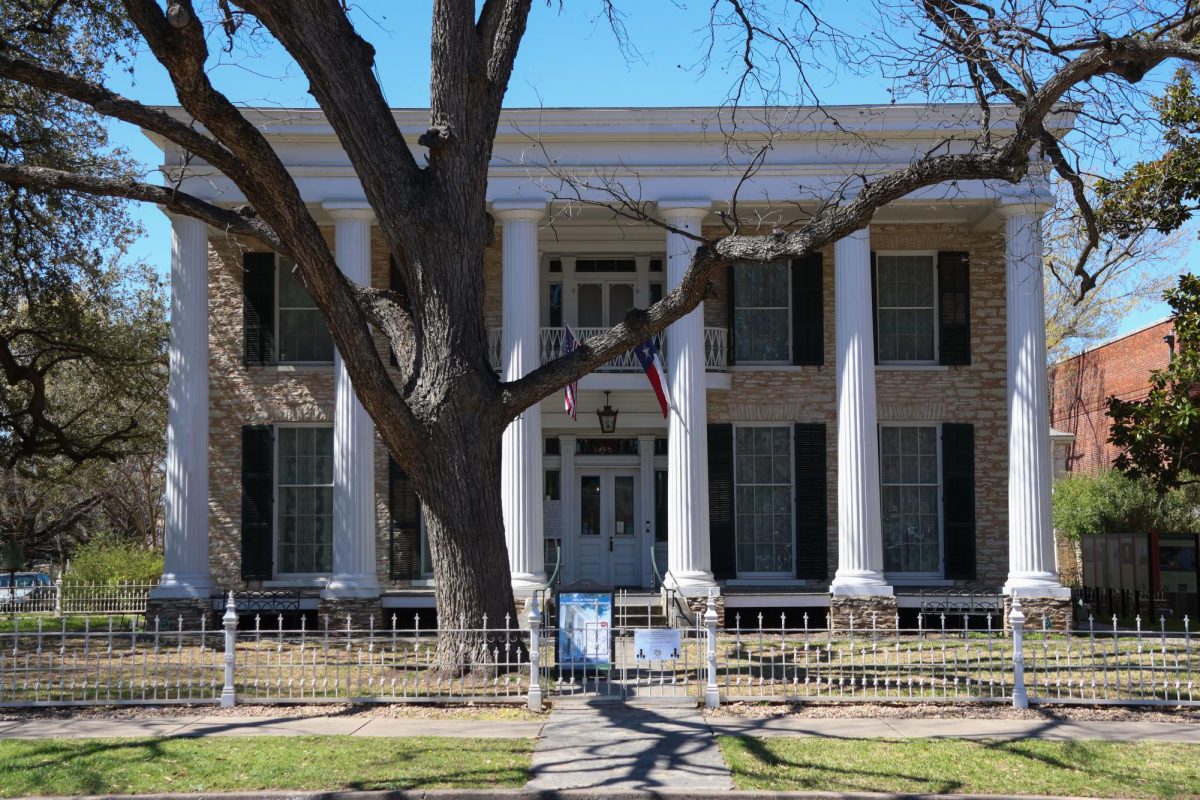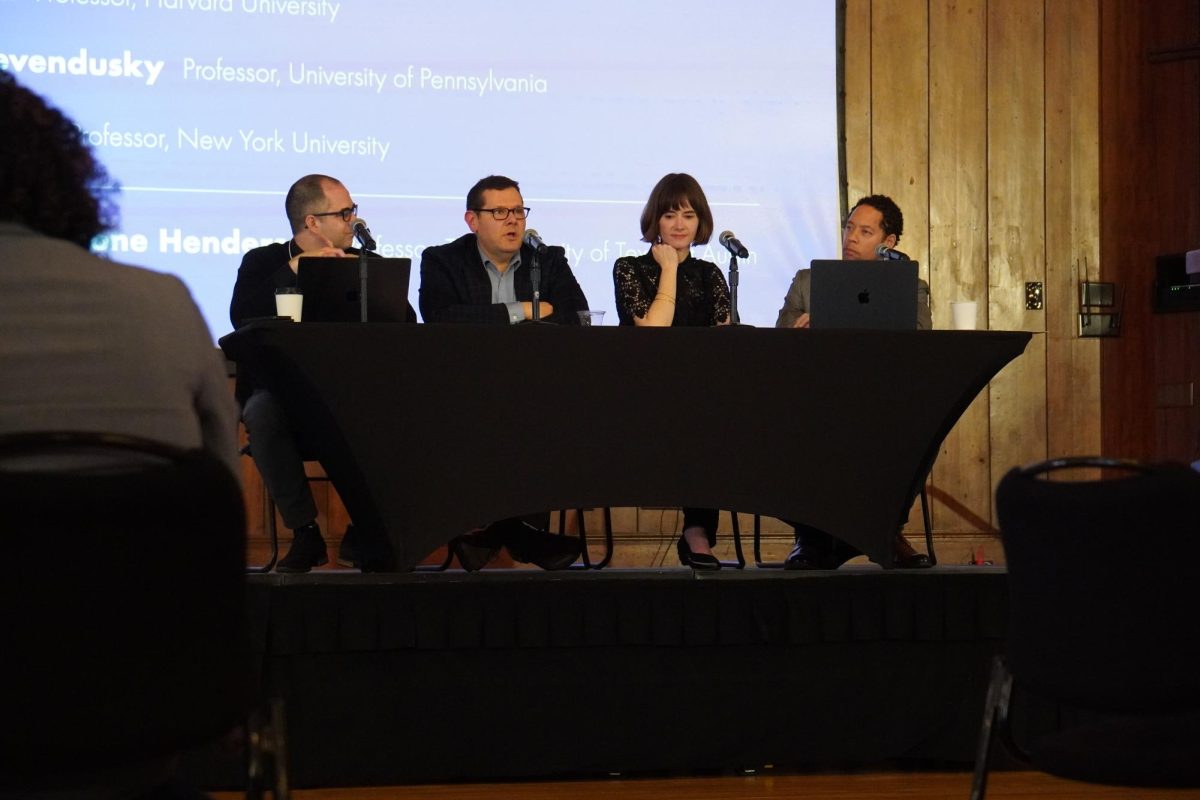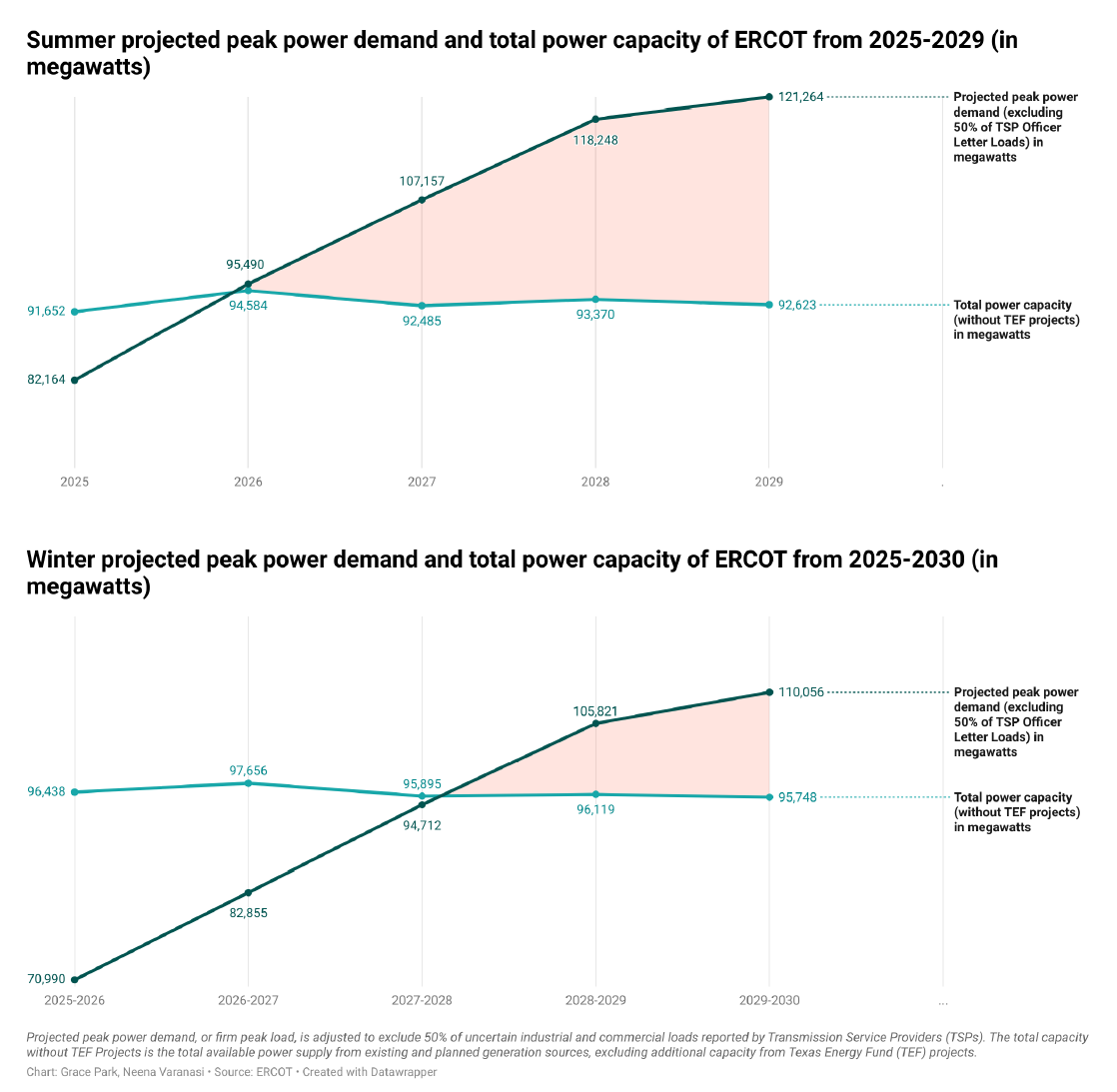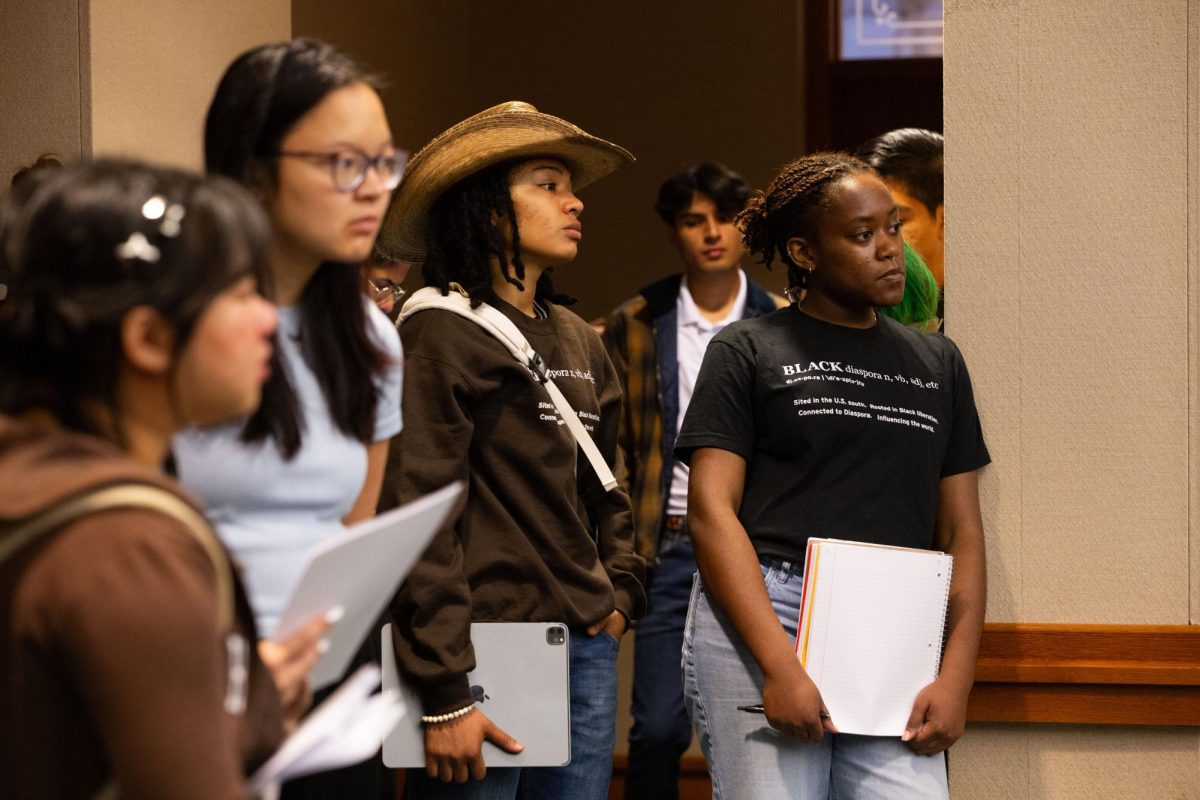Like many students, undeclared freshman Kennedy Rodriguez spent her senior year enrolled in dual credit classes in a community college before she attended UT.
Because of this, Rodriguez attended high school later in the day. She would have likely been sitting in one of those dual credit classes on the morning of May 18, 2018, if her community college had not wrapped up for the spring semester. At 7:30 a.m. that morning, Rodriguez was still getting ready for school when she got a call from one of her friends.
“She was just like, ‘Please don’t come to school,’” Rodriguez said. “She said, ‘I have a feeling that there is an active shooter,’ and I immediately called my best friend. I was worried about her because I knew she was there that day.”
By the time her best friend finally answered the phone, the eighth deadliest school shooting to take place in the United States had already begun at her school, Santa Fe High School.
“I could hear people screaming and it was just chaos in the background,” Rodriguez said. “It was really, really scary. For the rest of day, I was just watching the news and I was just completely emotionally unavailable.”
Less than four months after the shooting, which killed 10 people and injured 13 others, Rodriguez is now attending classes at UT. She said she often thinks about what she would do if a shooter came into one of her classes.
“I was sitting in my literature class last week and my initial thought was like, “Okay, what if something were to happen? Where would I go?’” Rodriguez said. “I don’t really think a lot of people think about that on a daily basis.”
Selina Eshraghi, one of the organizers of March for Our Lives Austin, said she reached out to victims of the Santa Fe shooting, including Rodriguez, because she understands the effects gun violence could have on a person.
“I know that the recovery process is incredibly difficult emotionally,” said Eshraghi, a chemical engineering and radio-television-film sophomore. “I gave Kennedy a lot of advice about coming to campus as a freshman, especially as she’s trying to get involved with all of the gun violence prevention efforts that have been happening here in Austin.”
Rodriguez previously attended the national March for Our Lives event in Washington D.C and co-organized a demonstration during the National School Walkout. In the days following the shooting, Rodriguez co-founded the Orange Generation to increase awareness of gun violence and raise money for the Santa Fe victims and their families.
“We picked the name Orange Generation because orange is the color for gun violence and because the all of the co-founders realized that most of us were born around the time when the Columbine shooting happened,” Rodriguez said.
Kelly Choi, one of the co-founders of the Orange Generation, lived in the Houston area and became friends with Rodriguez shortly after the shooting. The two quickly realized they would both be attending UT in the fall.
“Because of a horrible tragedy, we went from being strangers to friends to classmates,” said Choi, an English and government freshman. “Right now, we’re still trying to adjust to the whole college life … and our activism has kind of been taking a step back. But whatever we do, however this activism goes, we will still continue to be friends no matter what.”
Despite still being slightly intimidated by the differences between the size of the University and the small town where she grew up, Rodriguez said she hopes to continue advocating for gun violence prevention efforts in her new "second home.”
“A lot of people in their day-to-day lives become really desensitized to school shootings, especially when (they are) not happening close to them or to them,” Rodriguez said. “I know that for a lot of people in Santa Fe, I’m not necessarily doing the things that they would have chosen to do, but I know that I can no longer just do nothing.”

